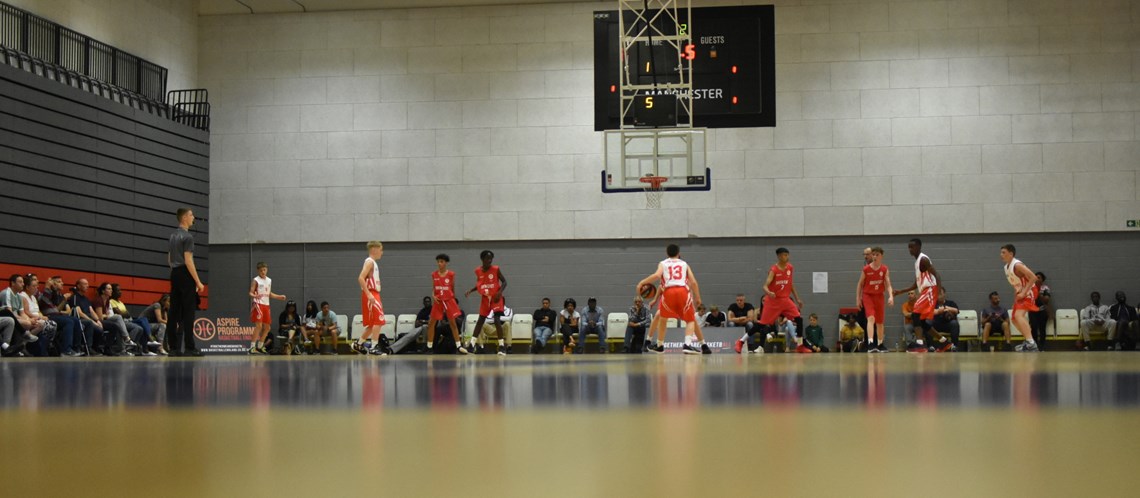
Experts believe that at least 12 young people aged 14-35 die every week in the UK from an undiagnosed cardiac condition; most of these deaths are preventable.
Around 1 in 300 people have a potentially serious condition that will require lifestyle modification, treatment, or surgery.

This is the most basic test and is a simple, non-invasive, and painless procedure that examines the electrical activity within your heart. It only takes a few minutes to perform.
You will need to complete and submit a Cardiac Screening questionnaire form. It is very important that the questionnaire is completed as accurately as possible to ensure the Cardiac Consultant has as much information as possible to hand at the time of your screening appointment.
It is strongly recommended that a parent or guardian is present when the person being tested is under the age of 18.
If you are female, please note that you will be required to either remove or loosen your bra for the ECG. If you wish, a chaperone can accompany you for the procedure.
You are advised to rest for at least 30 minutes prior to your ECG being conducted to ensure you have a resting heartbeat; for instance, you should not have come straight to your appointment from training or other intensity/high impact activity.
Please refrain from applying products such as moisturiser or oils to arms, legs or chest prior to screening as they make it problematic for the ECG stickers to adhere to skin.
You will be asked to lie down (on a couch or bed) and relax and remain still. You will also be required to be undressed to the waist. Small stickers will be placed at strategic points on your chest, arms, and legs. Flexible leads (called electrodes) that extend from the ECG machine are then attached to these stickers which enable the electrical activity of your heart to be recorded.
The results from your ECG are sent away, evaluated by the Cardiac Consultant and will be discussed with you on the day if required, in conjunction with your Cardiac Screening questionnaire.
Echocardiogram (ECHO): About 5-10% of individuals will require a further test called an Echocardiogram (ECHO), following their ECG.
An ECHO is like the ultrasound scan that is used on a pregnant woman to check the health of her baby. An ECHO looks at the structure of the heart.
From the information provided on screen, measurements are taken which give a guide to heart muscle thickness, the size of the heart chamber and the flow of blood in and out of the heart.
An ECHO is a painless, non-invasive procedure. If this is required, and if you require one as part of BE screening we will discuss the best options for getting this.
Approximately 2-4% of people have abnormalities that require further follow up and additional investigative tests. i.e., wearing a Holter monitor for a period of time (a 24 or 48-hour ECG); and/or an exercise stress test; and/or a cardiac MRI scan may be required.
It is important to understand that a further review does not necessarily mean you have a cardiac condition, only that further information is required to give a full diagnostic evaluation.
If an ECHO or further investigations/additional assessments are necessary, you will be notified on the day of your screen.
Basketball England will discuss with you and write a letter to your own GP and/or Club Doctor.
Your GP and/or Club Doctor should be able to assist you in arranging any referrals that may be required and the Cardiac Consultant can, if required, communicate with your GP and/or Club Doctor to ensure this happens.

It would depend on the condition. Although many of the conditions are not ‘curable’ they are all treatable and treatments range from lifestyle adaptations to drug therapy or, in some cases, surgery.
If a diagnosis of a cardiac condition is confirmed it can have implications regarding life insurance and mortgage applications, but finding out this information is always important.
The majority of cardiac abnormalities most likely to affect young people will be identified. However, the ECG and ECHO tests cannot identify every possible cardiac condition.
If, after being screened and at the time no abnormalities are identified, you develop symptoms; such symptoms include chest pain on exertion; palpitations; undue breathlessness; dizziness; or fainting or a first-degree blood relative (immediate family, i.e., parent; brother; sister, child) is diagnosed as having an inherited cardiac condition, you should contact your GP for further evaluation.
Because the conditions that cause Sudden Adult Death Syndrome (SADS) can be inherited, it is important that if you are a blood relative in the immediate family of someone who has died of SADS you are evaluated for signs of these diseases.
The results of your ECG will be stored centrally and securely by the Basketball England. However, they are strictly confidential and will not be viewed by anyone other than the medical team and the Consultant performing the test or disclosed to anyone other than you (or your parent/guardian if you are under the age of 18), your own GP or others involved in your care – this may be your professional sports club doctor or doctor representing a professional sports body.
Outcome results from testing may be used for research purposes, but the data would be anonymised (i.e., your name and that of your club will not be disclosed).
This information has been adapted from C-R-Y (Cardiac Risk in the Young). C-R-Y also provide further information & FAQs on screening on their website:
